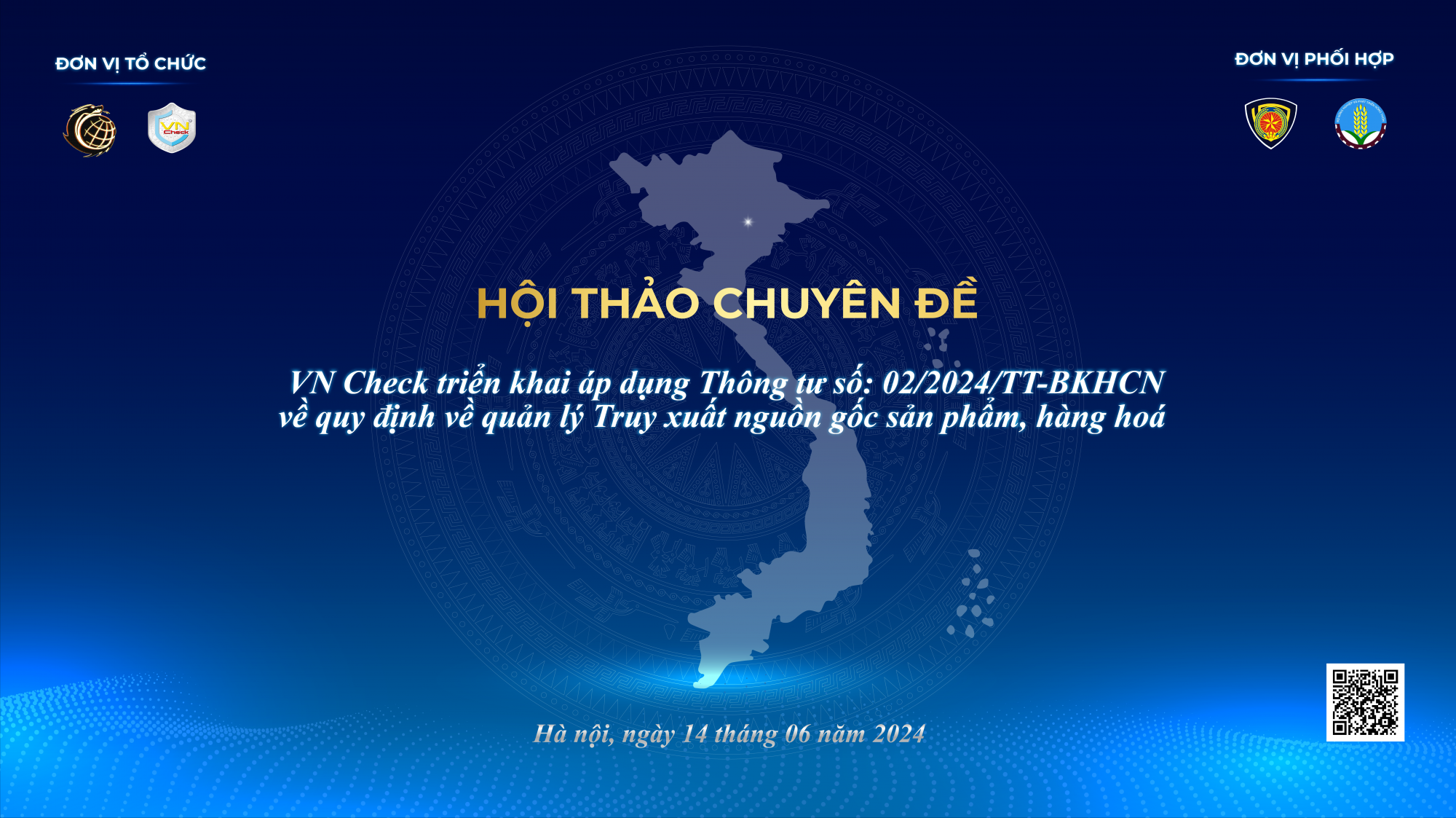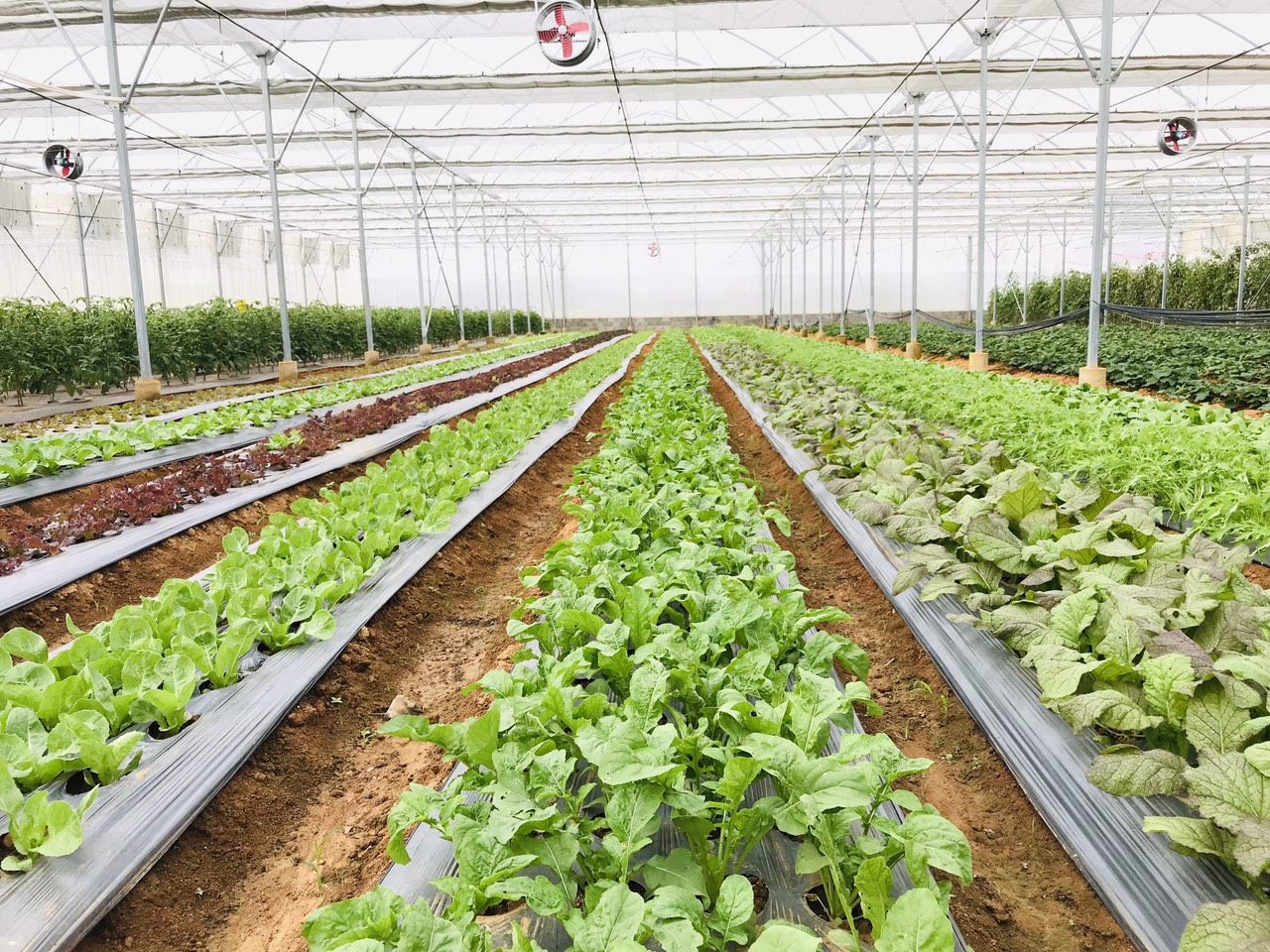Putting farmers at the center of the digital transformation of the Agriculture sector in Vietnam
Exactly one year after the Prime Minister issued Decision No. 749/QD-TTg "Approving the National Digital Transformation Program up to 2025, with orientation to 2030", the agricultural sector, one of eight key priority areas for implementation, initially recorded positive movements. However, in order to achieve the goal in a sustainable way, it is necessary to have mechanisms and policies for farmers to play a central role in the agricultural value chain.
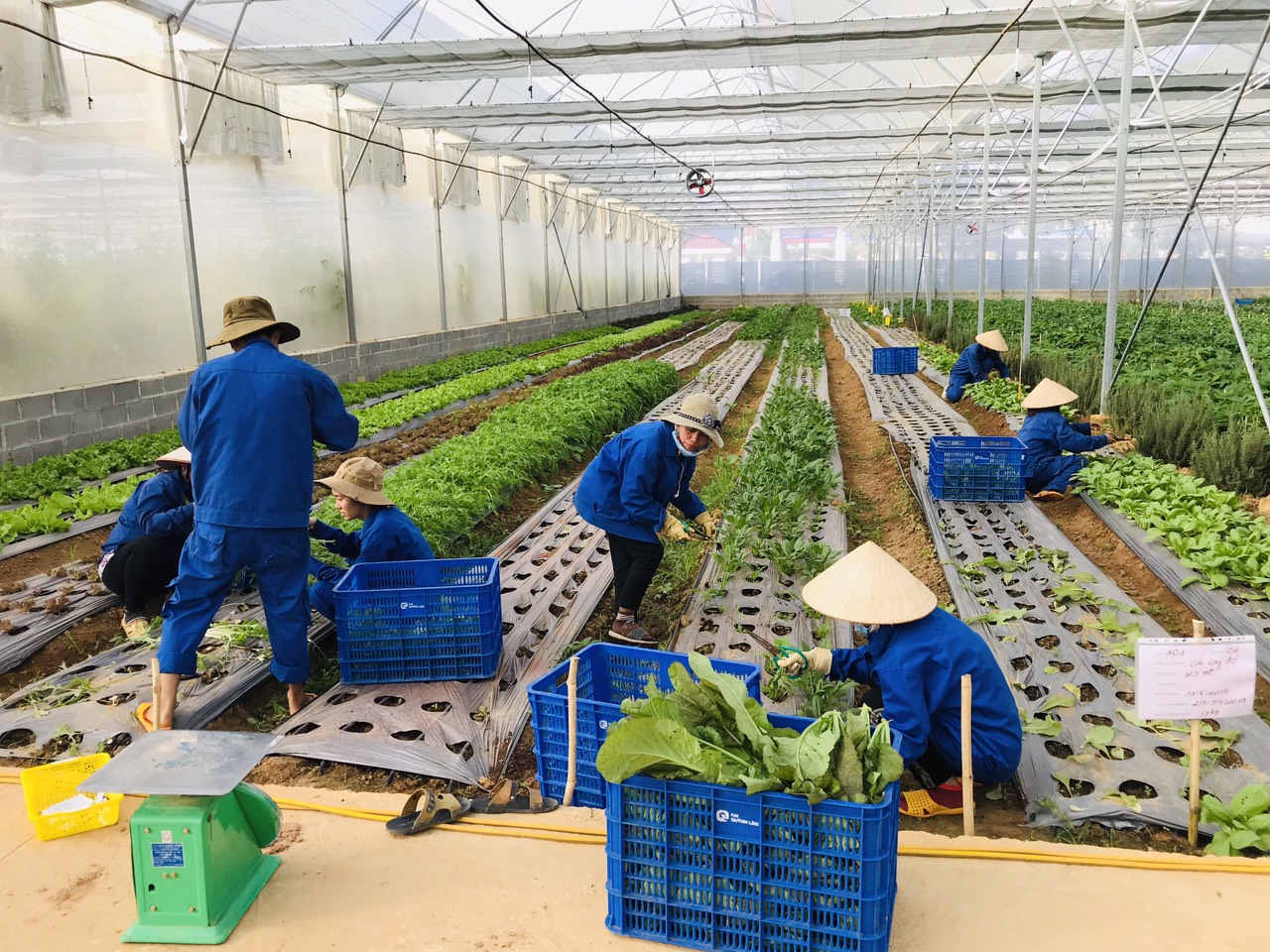
The first and biggest challenge in the agricultural revolution is the large number of farmers nationwide, but the farming scale is small, the investment capital is small, the equipment is old, outdated and depends on middlemen. Therefore, in order to apply an agricultural digital transformation successfully, farmers must first get involved. In a conversation, Minister of Agriculture and Rural Development Le Minh Hoan shared: "The efforts and support of the Government, ministries and branches are meaningless if the people do not change, do not rely on the government its own strength". Therefore, it is necessary to help them change their production and business thinking, participate in cooperation and association such as joining cooperatives along the value chain...
In a visual way, applying digital technology will help farmers have new "farming tools". As for the research on digital governance models, or software platforms suitable for the needs of value chains, diverse agricultural products of different ecological regions across the country, etc. Become a very promising new form of "agricultural resource". The "thirst" for information in the fields of production and life is quenched when farmers have the opportunity to enhance connectivity, erase geographical distances or reduce the time and costs for procedures current multi-level administration...
It can be said that through digital platforms provided by enterprises or the State in the form of open databases and centralized management, farmers can manage their production chains from inputs to until harvest, export, thereby, making more accurate business decisions. Better profits due to reduced production costs and increased labor productivity. In addition, the rational and the scientific farming process also contributes to the economical use of natural resources and environmental protection.
Next, at the post-harvest stage, value chain management, traceability, information retrieval and sales through e-commerce, the role of digital platforms is not small, helping farmers obtain the most suitable cost and access to a more diversified market. In addition, rural people also have the opportunity to access public administrative services provided by the State and other social services through digital government and digital social platforms such as agricultural programs. New village or the program "Smart Village" - there will be smart farmers, smart communities… And in that "Smart Village", the smart farmer - the first "central character" must be able to use smart utilities. Thereby, people can introduce themselves, promote their agricultural products, connect themselves with the market, with the world.
To overcome the significant challenges in putting farmers at the center of the digital transformation in the field of agriculture and rural areas, in my opinion, it is necessary to invest in a number of key solutions as follows: Firstly, the Ministry of Agriculture and Rural Development should urgently coordinate with the Ministry of Information and Communications to focus on building an overall information technology architecture of the digital government and the digital economy of the agricultural and rural sectors, new rural program, "Smart Village". Simultaneously, the study clearly identifies the functional service needs of farmers, farms, cooperatives, agricultural enterprises and rural people to design a common digital platform and digital database framework for agriculture, synchronously between groups of industries and occupations according to organizational structure from central to local. To do that, it is necessary to have a focal point at the ministerial level to design the structure of the information technology system, to avoid the spontaneous phenomenon when there are no common connection standards, which is difficult to integrate into the general, wasteful system later.
Second, public-private cooperation to invest in universalizing rural digital infrastructure to commune, cooperative and farmer household levels. Third, deploy the construction and collection of an integrated and synchronous online database of agriculture and rural areas. Fourth, agricultural extension work focuses on professional skills training, changing digital business models for farmer households, cooperatives and enterprises, building experimental digital transformation models at the level of farmers, Based on a common unified platform architecture. Fifth, to encourage investment in information technology enterprises to serve agriculture and new rural areas, to accompany farmers, because this is a very potential customer force. Because precision technology in agricultural production, according to the standards associated with a traceability digital platform are priority areas that can be applied in the short term.
With the desire to implement the digital transformation in agriculture and rural areas under the direction of the Government, promoting digital transformation to integrate with the world is an inevitable requirement that Vietnam cannot stand aside.
Assoc. Prof: Dao The Anh
(Science advisor - Source: Nhan Dan Cuoi Tuan Newspaper)

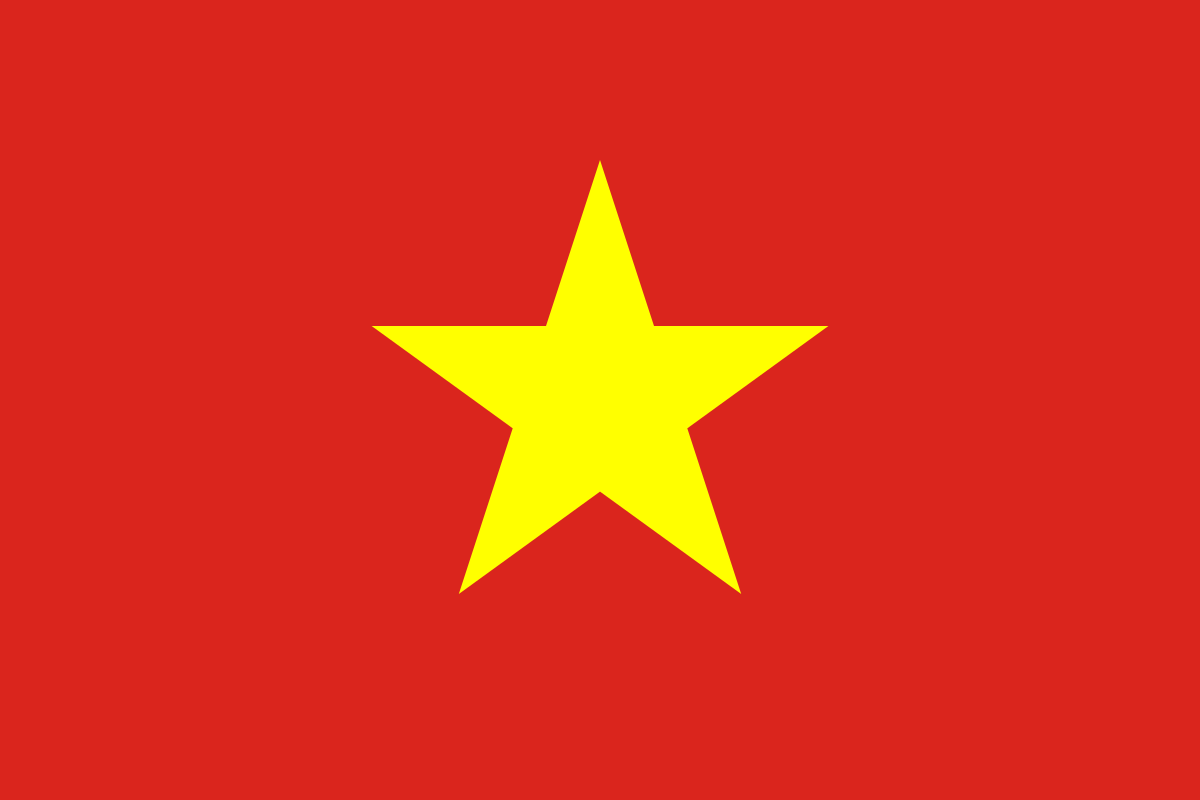

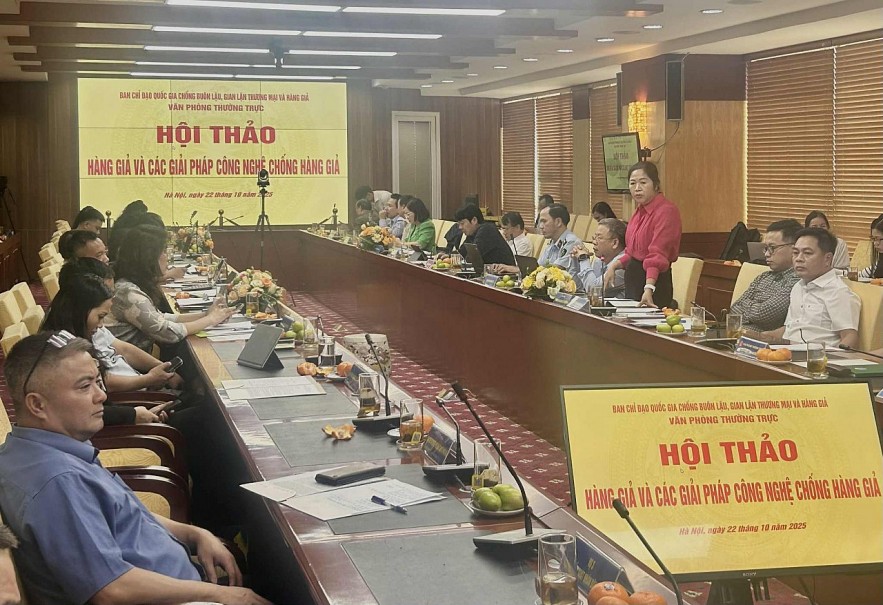
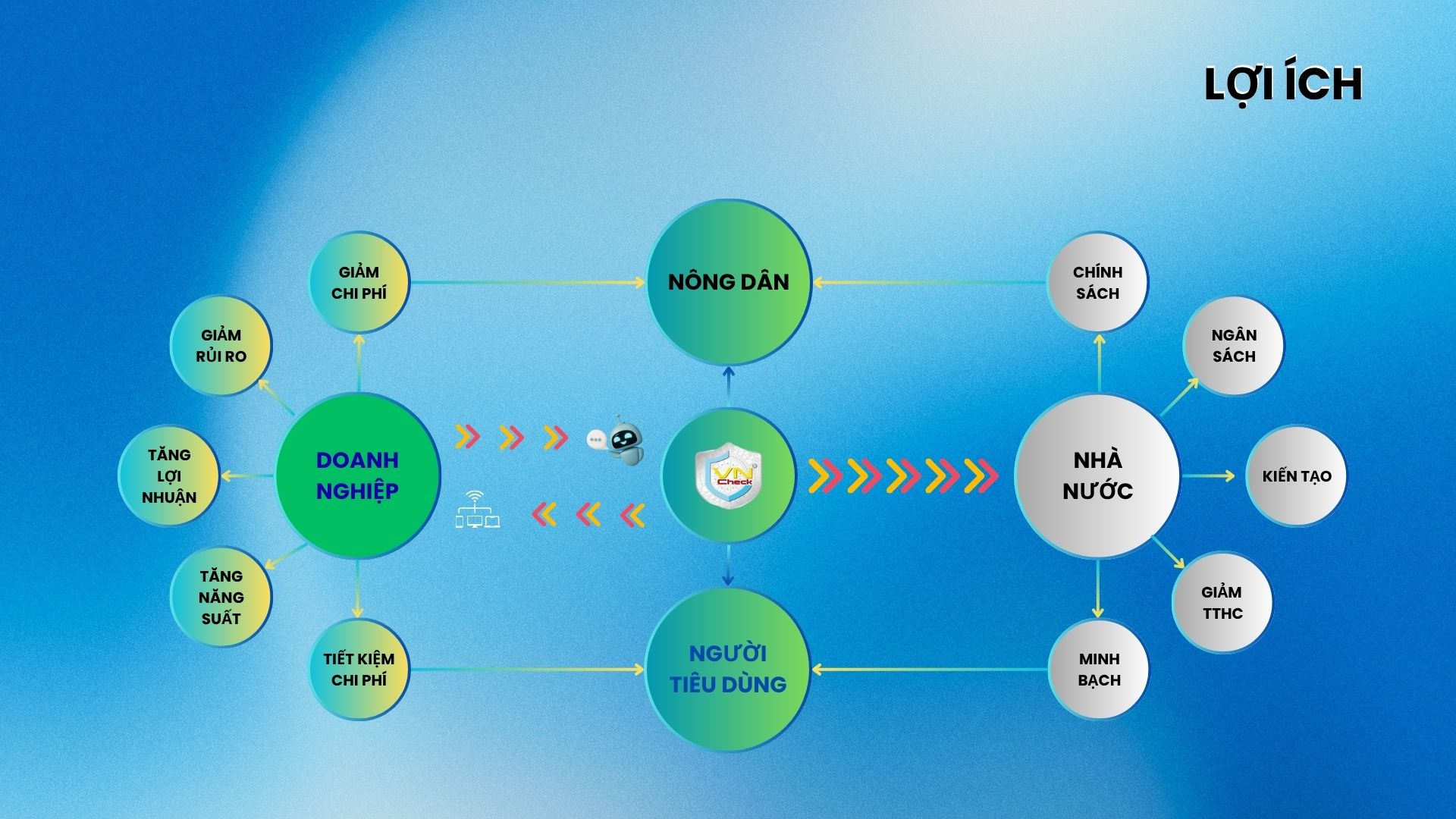
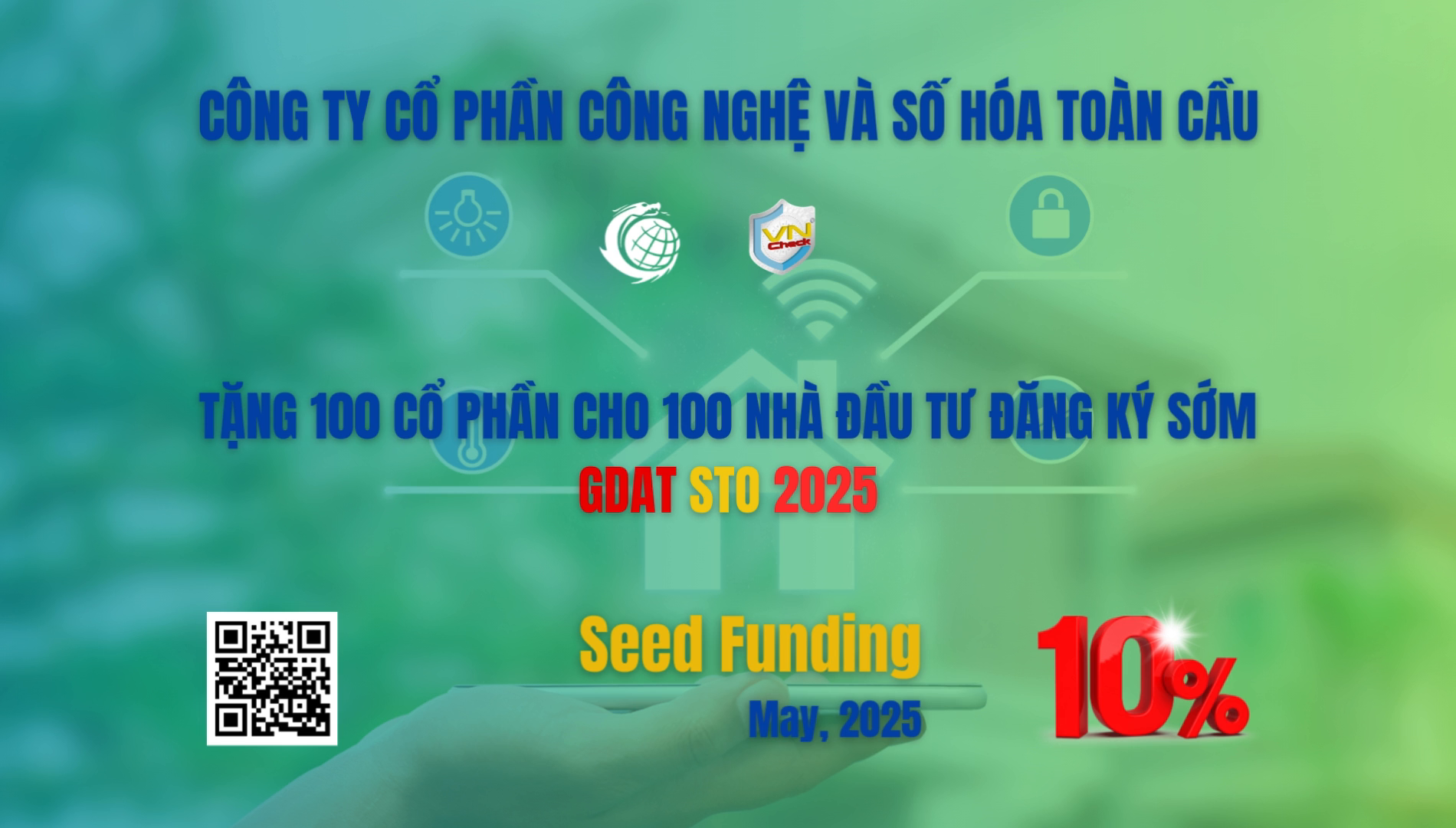
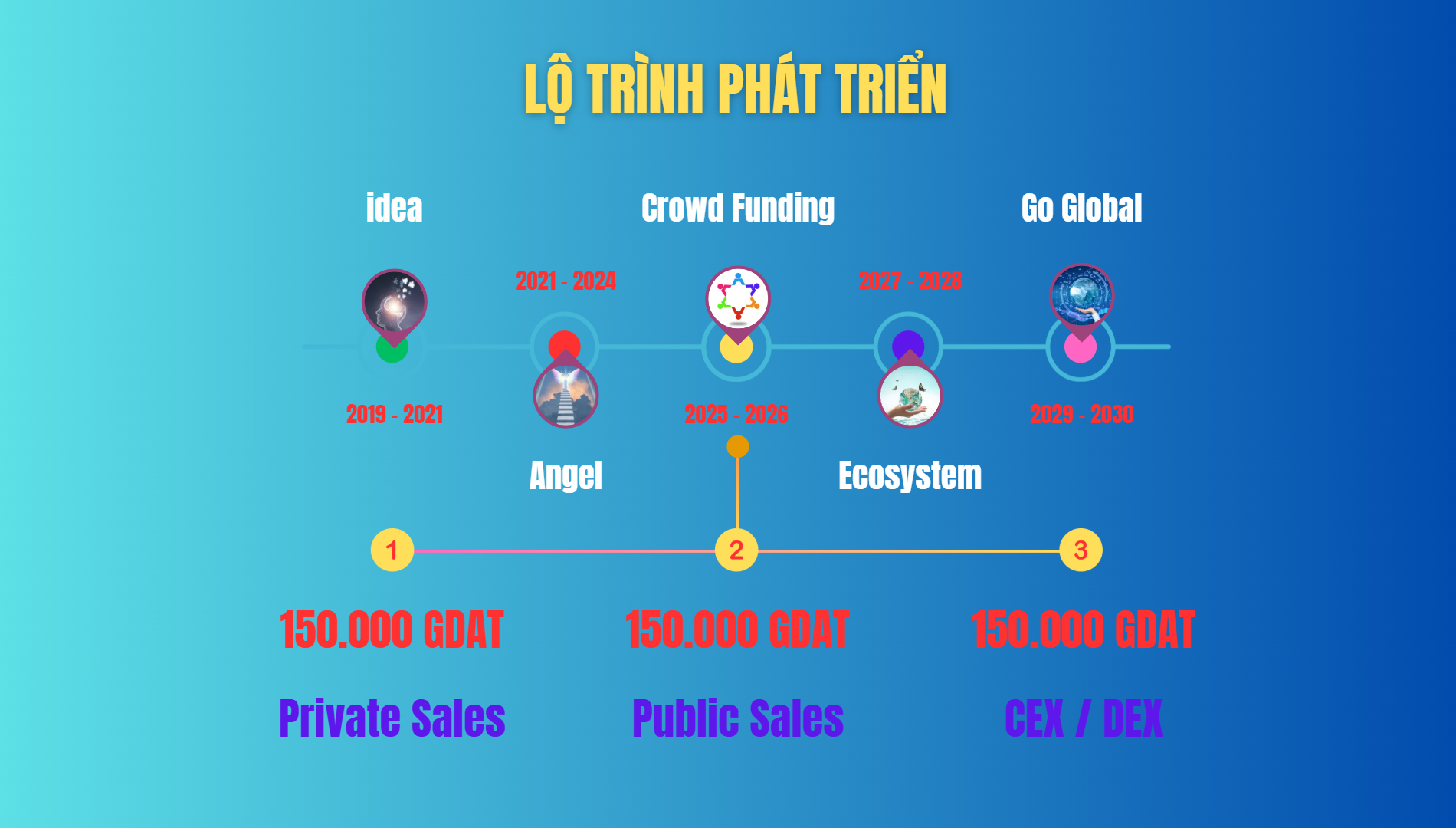
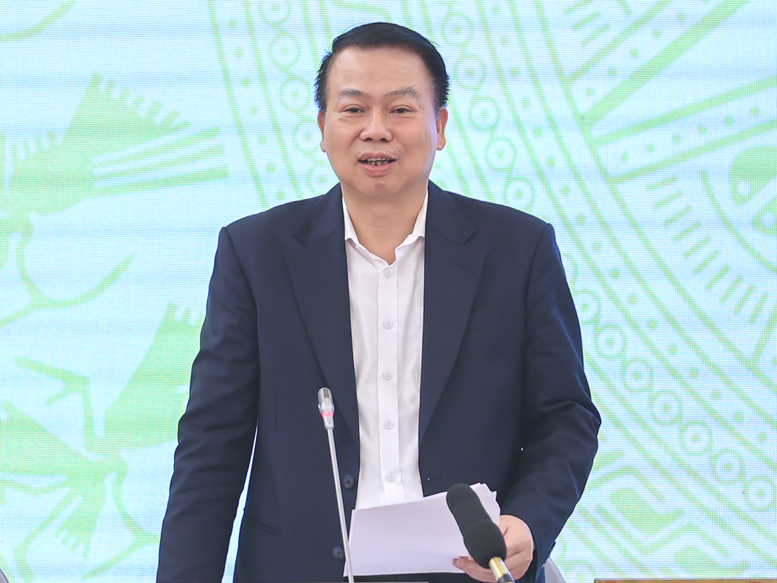
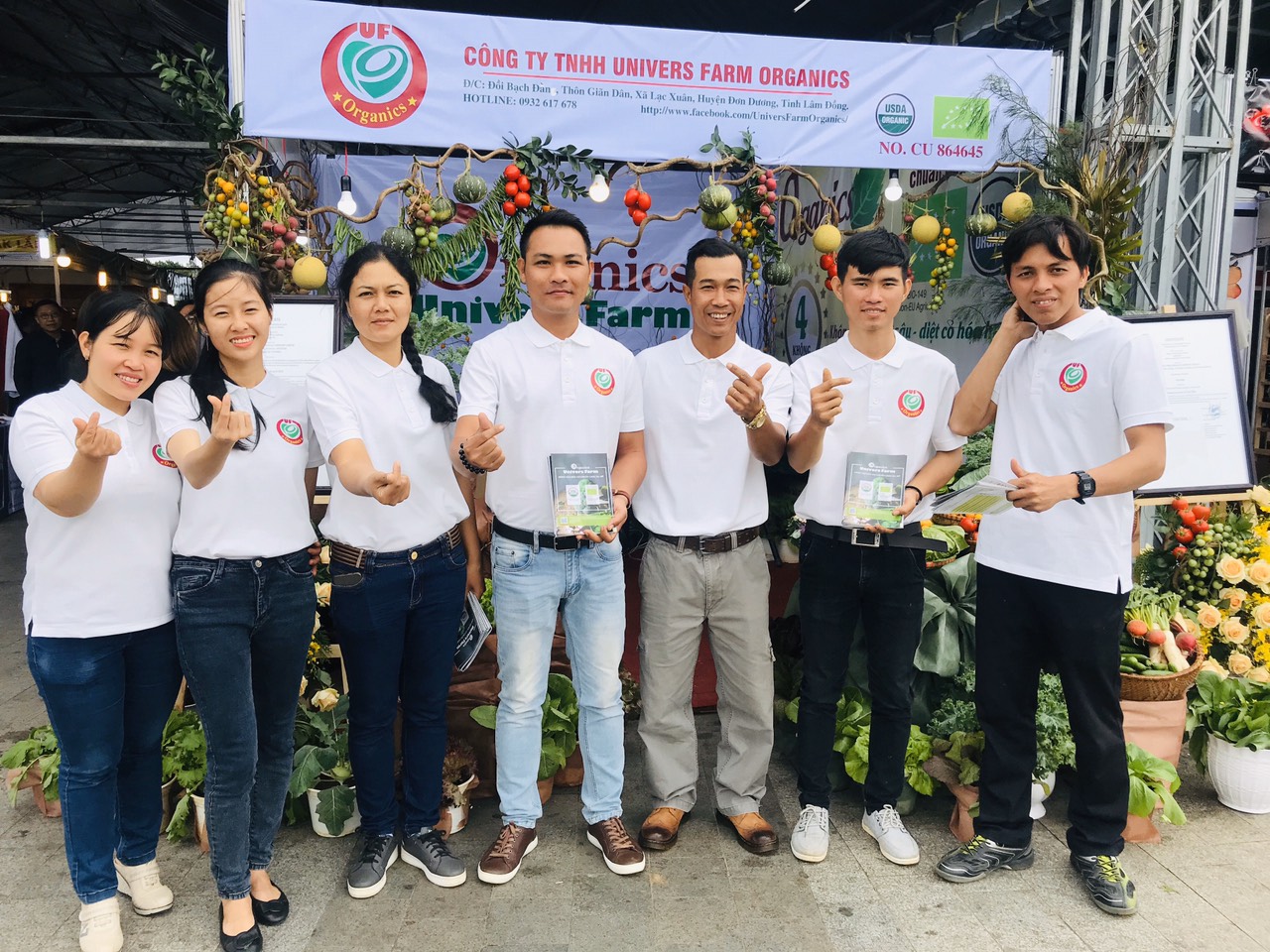

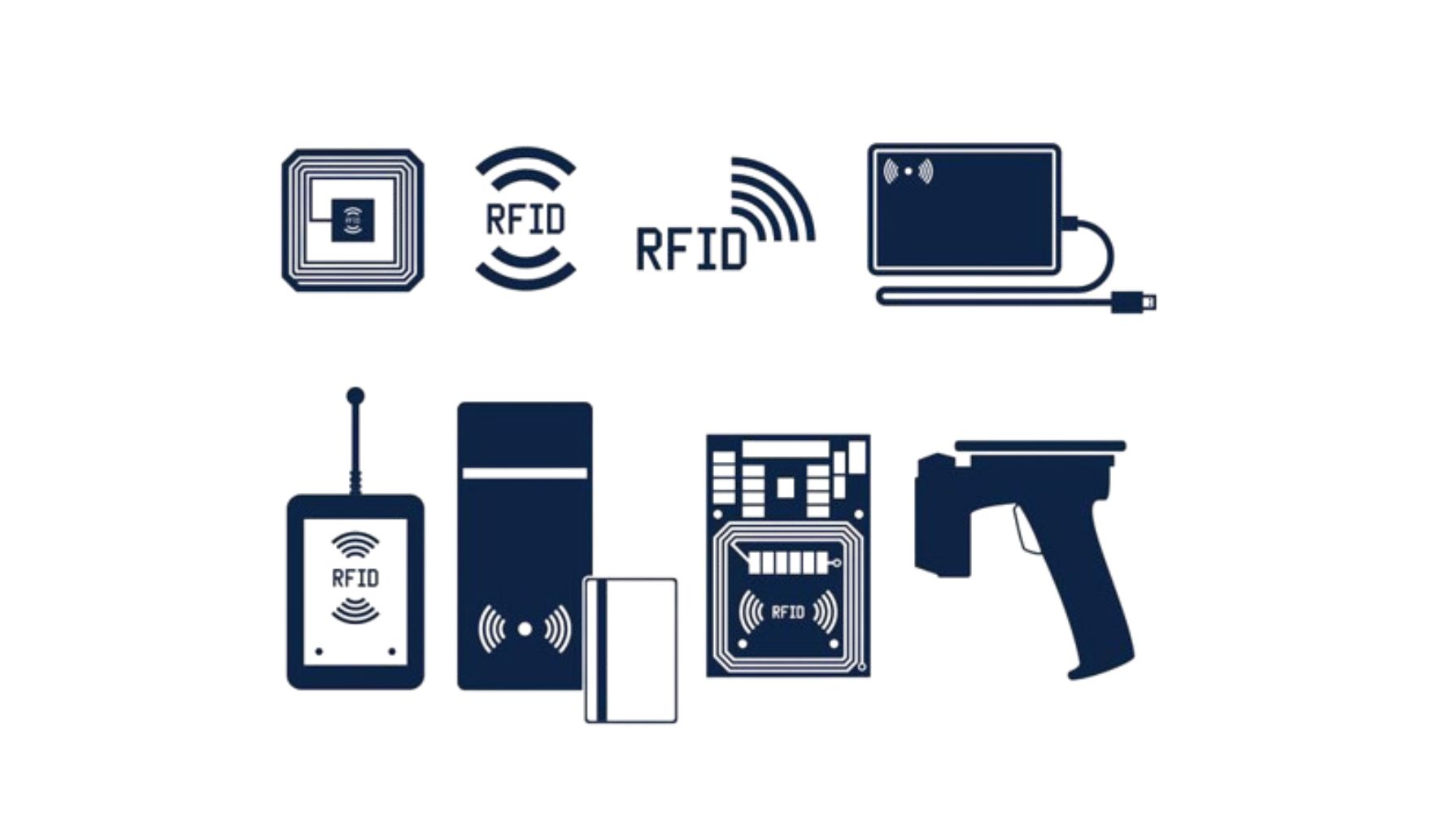
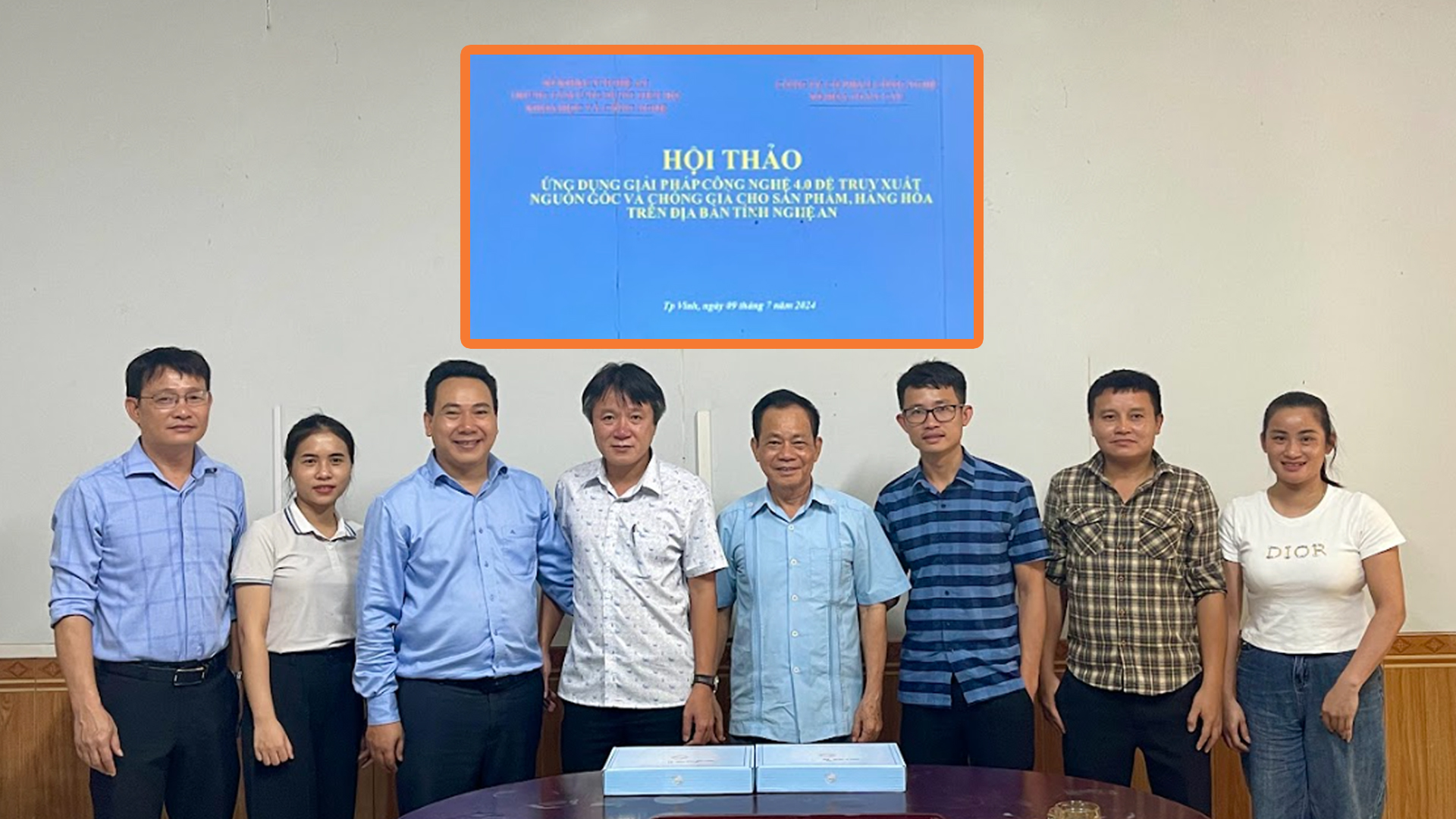
.jpg)
